
Berdi
urinary Track Health
The liver, an unsung hero of your body, performs a multitude of functions that are crucial for your survival. From processing nutrients to detoxifying harmful substances, the liver is a remarkable organ that deserves your attention and care. To give the liver the care it needs, you must learn about liver-friendly foods. These foods can help your liver perform its due function and maintain its health.
Often referred to as the body’s “chemical factory,” the liver plays a crucial role in metabolism, digestion, and detoxification. It aids in breaking down fats, carbohydrates, and proteins while storing vitamins, minerals, and glucose. Moreover, the liver filters toxins from the blood, effectively eliminating them from the body. Without a healthy liver, our entire system can suffer from many complications.
Now that you understand the critical role of the liver, let’s explore the importance of consuming liver-friendly foods. Including liver-friendly foods in your diet can help support the liver’s functions and enhance its overall well-being. These liver-friendly foods are typically rich in antioxidants, essential vitamins, minerals, and other nutrients that aid in detoxification, reduce inflammation, and protect liver cells.
Here are the best liver-friendly foods that you can easily incorporate into your daily diet.
Coffee is considered a good liver-friendly food, providing numerous benefits to liver health. Studies have consistently shown a positive association between coffee consumption and a reduced risk of liver diseases, including liver cancer, non-alcoholic fatty liver disease (NAFLD), and cirrhosis. Coffee contains various bioactive compounds, such as caffeine, chlorogenic acids, and diterpenes, which possess antioxidant, anti-inflammatory, and hepatoprotective properties. These compounds may help reduce liver inflammation, inhibit cancer cell growth, and modulate liver enzymes and pathways involved in metabolism and detoxification.
Several research studies have found that coffee consumption is associated with a lower risk of liver cancer. Individuals who consume coffee have a 40% reduced risk of liver cancer compared to those who do not drink coffee.
Furthermore, coffee has been shown to protect against NAFLD (non-alcoholic fatty liver disease), a condition characterized by fat accumulation in the liver. A systematic review and meta-analysis published in the journal Liver International examined 14 studies and found that coffee consumption was associated with a lower risk of NAFLD and a reduction in liver enzyme levels, indicating improved liver function.
In conclusion, coffee consumption has been consistently associated with a decreased risk of liver diseases, including liver cancer, NAFLD, and cirrhosis. The presence of bioactive compounds in coffee likely contributes to its liver-protective effects. Nevertheless, it is essential to consume coffee in moderation and consider individual health conditions and sensitivities.

Who doesn’t like a warm cup of tea in the morning, evening, and pretty much anytime? But knowing that this tea is also one of the most liver-friendly foods might make you enjoy it a little more.
Tea, particularly green tea, is considered a liver-friendly beverage that offers several benefits for liver health. Numerous studies have explored the potential protective effects of tea consumption on liver diseases, including liver cancer, non-alcoholic fatty liver disease (NAFLD), and liver fibrosis.
Tea contains bioactive compounds, such as catechins and flavonoids, which possess antioxidant and anti-inflammatory properties. These compounds have been shown to protect liver cells from oxidative stress and inflammation, which are key factors in developing liver diseases. A review published in the Journal of Hepatology shows that tea and its bioactive compounds have hepatoprotective effects. They can potentially prevent and manage liver diseases.
While the research on tea and liver health is promising, it is important to note that excessive consumption of tea, especially in the form of herbal teas or supplements, may have potential adverse effects. Some herbal teas can interact with medications or have hepatotoxic effects. Therefore, moderation and choosing reputable tea sources are recommended.

Grapes are a liver-friendly food due to their potential hepatoprotective properties. Studies suggest that the antioxidants found in grapes, such as resveratrol and flavonoids, may help protect the liver from oxidative stress and inflammation. Additionally, resveratrol has been shown to exhibit anti-fibrotic effects, which can be beneficial in preventing liver fibrosis. Resveratrol supplementation improves liver function and reduces liver injury markers in patients with NAFLD.

Nuts are considered liver-friendly foods due to their nutrient composition and potential hepatoprotective properties. Research suggests that incorporating nuts into a balanced diet may positively affect liver health. A study published in the World Journal of Gastroenterol investigated the association between nut consumption and the risk of developing non-alcoholic fatty liver disease (NAFLD). The study found that higher nut intake is associated with a lower prevalence of NAFLD.
Nuts are rich in healthy fats, such as monounsaturated and polyunsaturated fats, which have been shown to reduce liver fat accumulation and improve liver enzyme levels. Nuts contain antioxidants, including vitamin E and phenolic compounds, which can help protect the liver from oxidative stress and inflammation.
Furthermore, nuts are a good source of fibre, which aids in digestion and helps regulate blood sugar levels. Maintaining a healthy weight and blood sugar control are important factors in supporting liver health. Incorporating a variety of nuts into the diet, such as almonds, walnuts, and pistachios, can provide these beneficial nutrients and contribute to liver-friendly nutrition.
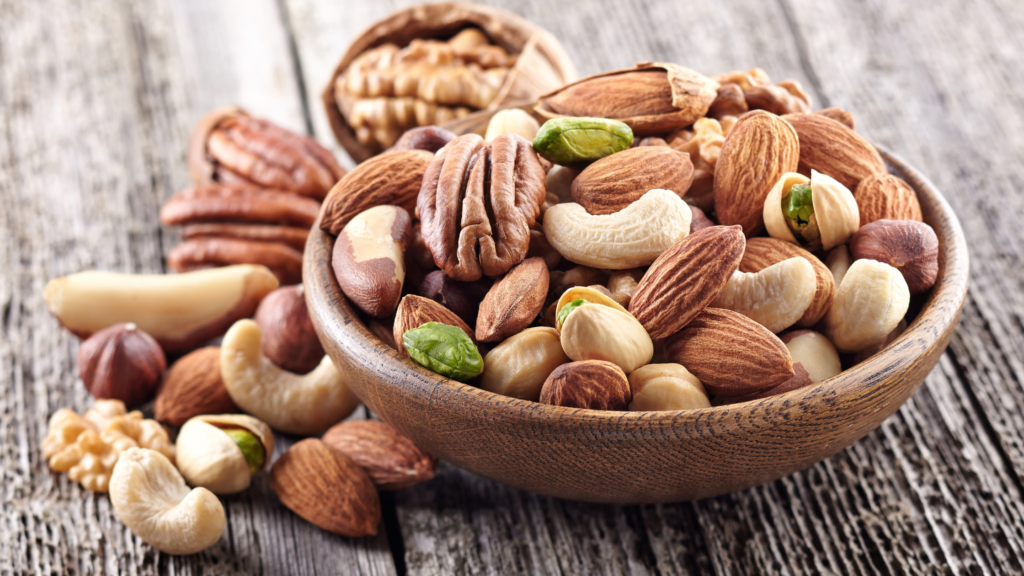
Cruciferous vegetables, such as broccoli, cauliflower, kale, and cabbage, are considered liver-friendly foods due to their rich nutrient profile and potential hepatoprotective properties. Studies suggest that regular consumption of cruciferous vegetables can contribute to liver health.
Cruciferous vegetables contain a compound called sulforaphane, which has been extensively studied for its liver-protective effects. Sulforaphane has been shown to enhance the liver’s detoxification process by promoting the production of detoxifying enzymes and reducing oxidative stress.
Furthermore, cruciferous vegetables are rich in dietary fibre, vitamins, minerals, and antioxidants, which provide additional benefits to liver health. Fibre helps promote regular bowel movements and aids in the elimination of toxins from the body. The antioxidants present in cruciferous vegetables, such as vitamin C and beta-carotene, help neutralize free radicals and reduce inflammation, which can contribute to liver damage.
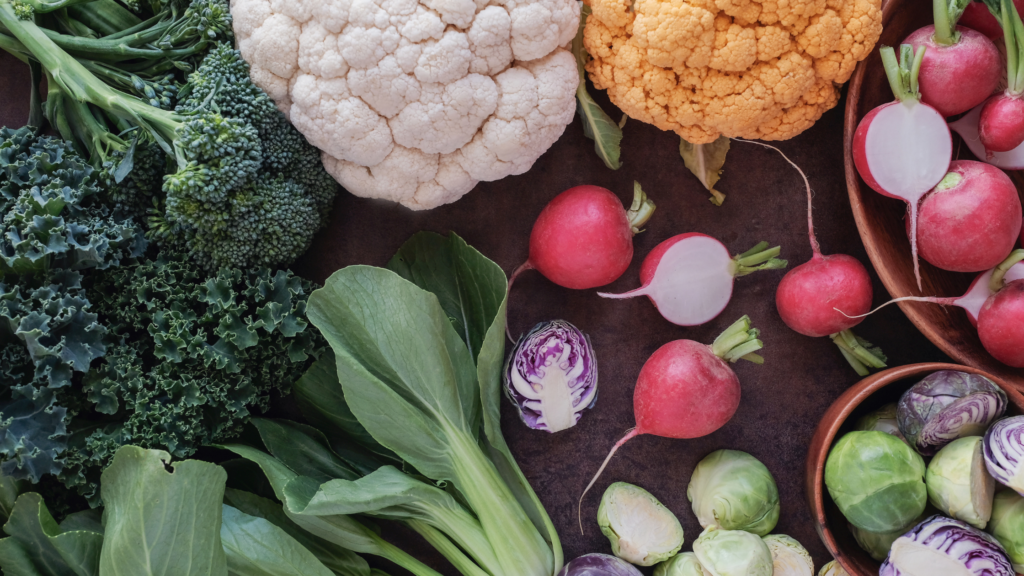
Grapefruits are considered liver-friendly fruits that offer several benefits for liver health. They are rich in antioxidants, vitamins, minerals, and dietary fibre, which positively affect liver function.
One of the key compounds in grapefruits is naringenin, a flavonoid with potent antioxidant and anti-inflammatory properties. Naringenin has been shown to have hepatoprotective effects by reducing inflammation and oxidative stress in the liver. Furthermore, grapefruits are a good vitamin C source, a powerful antioxidant that helps neutralize free radicals and protect the liver from oxidative damage. Vitamin C also plays a crucial role in the production of glutathione, a key antioxidant involved in detoxification processes in the liver.
Moreover, grapefruits are known for their high water and fibre content. Adequate hydration and fibre intake are essential for proper liver function, as they support digestion, promote regular bowel movements, and aid in eliminating toxins from the body.
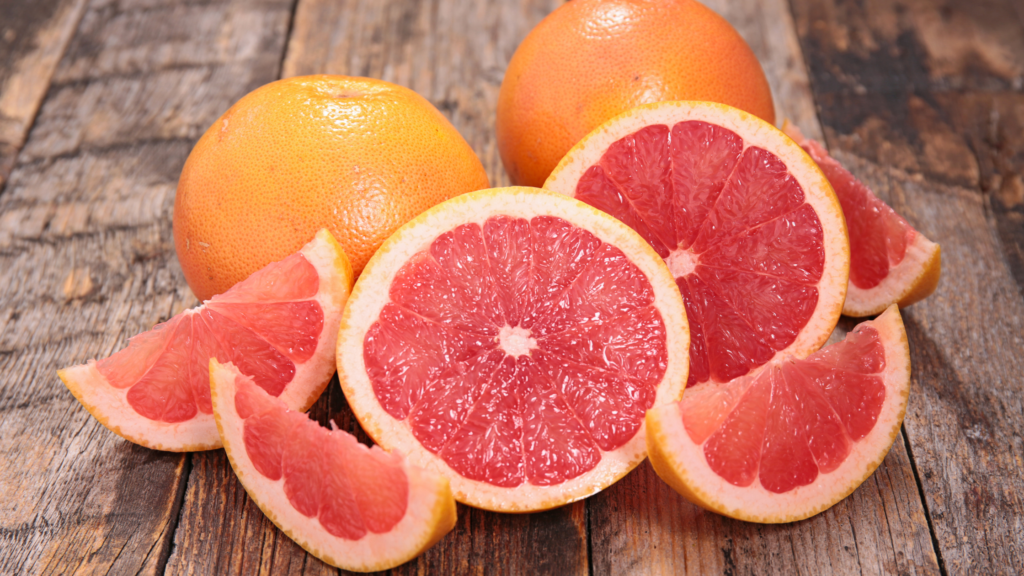
In conclusion, incorporating liver-friendly foods into your diet can significantly support liver health and overall well-being. The foods mentioned in this article, such as coffee, tea, grapes, nuts, cruciferous vegetables, and grapefruits, have shown promising effects in promoting liver function, protecting against liver damage, and reducing the risk of liver diseases.
However, it’s important to remember that maintaining a healthy lifestyle goes beyond just food choices. Regular exercise, limiting alcohol consumption, avoiding tobacco use, and maintaining a healthy weight are crucial for liver health.
If you are looking for a natural supplement to further support your liver, consider incorporating Himalaya’s Liv.52 into your routine. Liv.52 is specifically designed to treat and manage liver disorders like fatty liver, viral hepatitis, and liver damage. It is formulated with a blend of potent herbs and antioxidants known for their hepatoprotective properties.
Take charge of your liver health by making conscious choices to include liver-friendly foods in your diet, adopting a healthy lifestyle, and taking Liv.52. Your liver will thank you for it!

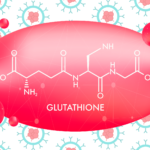




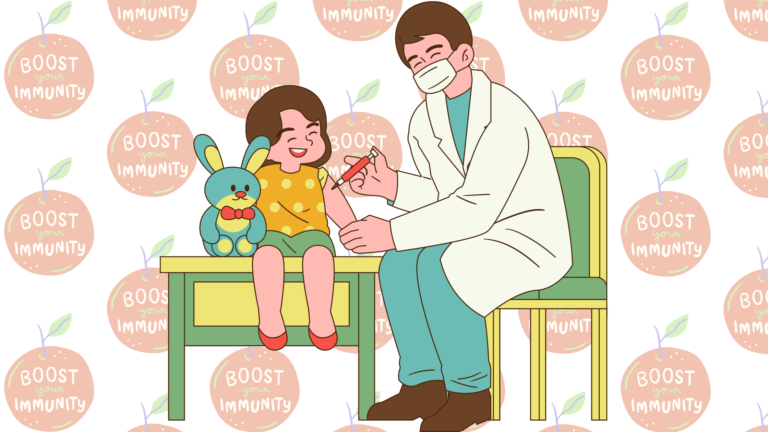
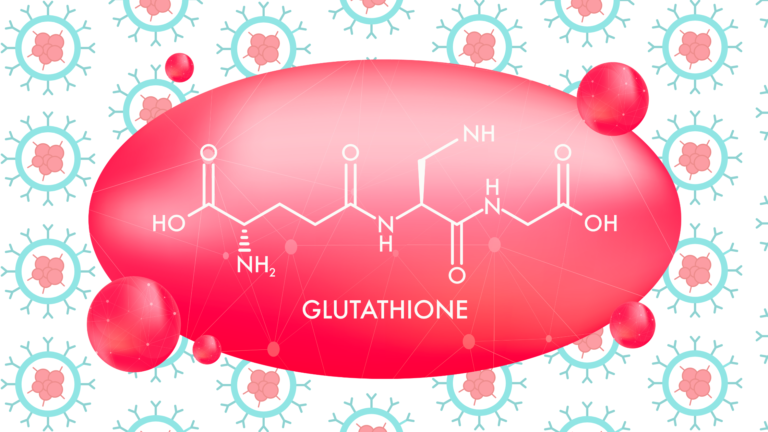


©2023 Route2Health®️
NTN: 2229383
AN ASSOCIATED COMPANY OF HIGHNOON LABORATORIES
STRN: 0301999937728

WhatsApp us
